The meek shall inherit the Earth, but not its mineral rights
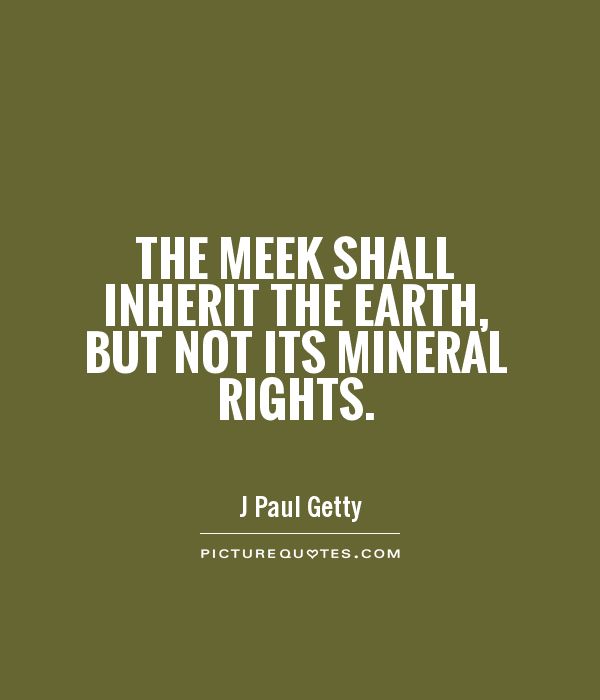
The meek shall inherit the Earth, but not its mineral rights
J. Paul Getty, the American industrialist and founder of the Getty Oil Company, was known for his shrewd business acumen and ruthless pursuit of wealth. One of his most famous quotes, "The meek shall inherit the Earth, but not its mineral rights," perfectly encapsulates his belief in the importance of power and control in the world of business.Getty's words suggest that while the meek may eventually come to possess the Earth, they will not have access to its valuable resources, such as oil, gas, and minerals. In other words, those who are passive and submissive will not be able to reap the benefits of the Earth's riches unless they are willing to assert themselves and take control of their own destiny.
Getty's philosophy can be seen as a reflection of his own experiences in the business world. He was known for his aggressive tactics in acquiring oil reserves and expanding his empire, often at the expense of others. Getty believed that success in business required a willingness to take risks, make tough decisions, and assert one's dominance over competitors.
However, Getty's words also raise important ethical questions about the nature of power and wealth. Is it right for a small group of individuals to control the Earth's resources at the expense of others? Should the meek be denied access to these resources simply because they lack the means to assert themselves?
Ultimately, Getty's quote serves as a reminder of the complex relationship between power, wealth, and morality in the world of business. While it may be true that the meek will not inherit the Earth's mineral rights, it is up to each individual to decide how they will navigate the challenges of the business world and whether they will prioritize profit over principles.
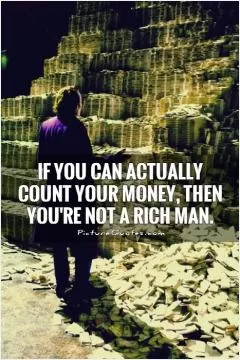
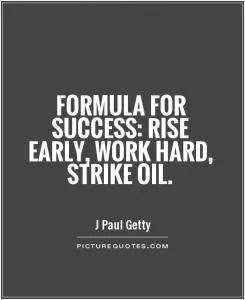
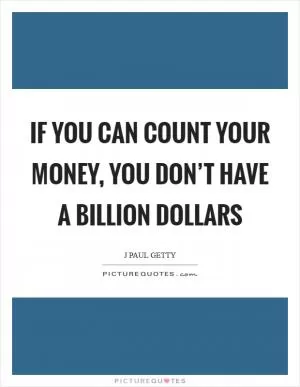
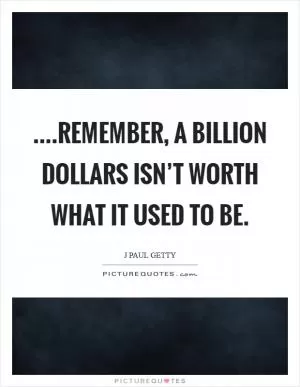
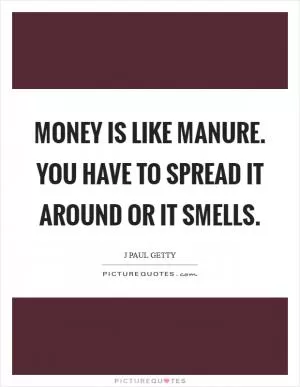
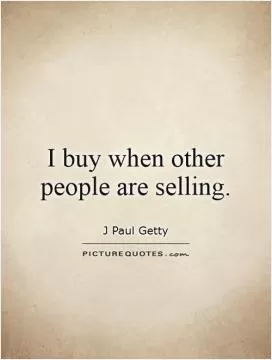

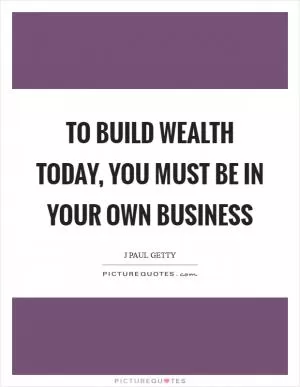
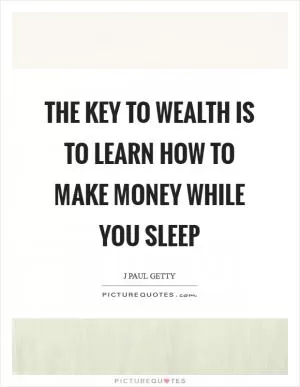


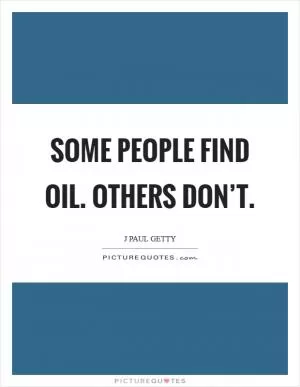
 Friendship Quotes
Friendship Quotes Love Quotes
Love Quotes Life Quotes
Life Quotes Funny Quotes
Funny Quotes Motivational Quotes
Motivational Quotes Inspirational Quotes
Inspirational Quotes